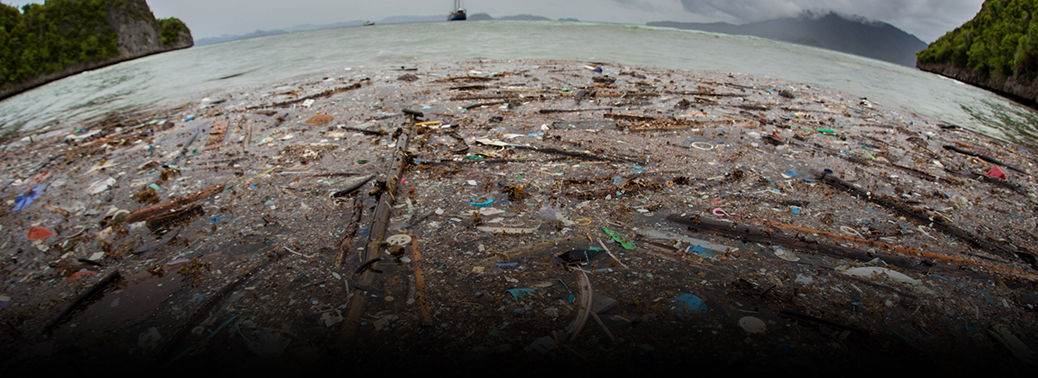PROPOSAL TO HALT WASTE DUMPING DEFEATED
17, May 2019

Prelims level : IR2 international policies and schemes
Mains level : GS3M - Conservation, environmental pollution and degradation, environmental impact assessment.
Why in News:
- A proposal by India to prevent developed countries from dumping their electronic and plastic waste onto developing countries, was defeated at the recently concluded meeting of the Basel Convention in Geneva.
Background:
- The 14th meeting of the Basel Convention, which lays down guidelines on the movement of hazardous waste, concluded in Geneva on the 10th of May after two weeks of negotiations involving 187 countries.
- A key outcome of the meeting was an amendment to the Convention that includes plastic waste in a legally-binding framework which would, according to a statement by the United Nations, make global trade in plastic waste more transparent and better regulated, also ensuring that its management is safer for human health and the environment.
- Pollution from plastic waste, acknowledged as a major environmental problem of global concern, has reached epidemic proportions with an estimated 100 million tonnes of plastic now found in the oceans, 80%-90% of which comes from land-based sources.
Issues of India:
- India grapples with the problem of having piles of electronic and plastic waste that aren’t recycled or treated.
- However Indian officials say the text of the agreement, in the current form, still allows countries to export various categories of plastic waste.
- “India and Nigeria were the only countries that had strongly opposed the guidelines, pushed by the European Union, to dilute safeguards against the trans-boundary movement of e-waste,” said an official from the Union Environment Ministry, who was privy to the discussions. India’s laws currently don’t allow electronic and plastic waste to be imported into the country. Plastic and electronic waste recyclers in Special Economic Zones were permitted to import waste for recycling.
Way Forward:
- Other countries will not be allowed to do so after August 31 this year. Despite these restrictions, countries continued to ship different kinds of plastics and e-waste to Indian ports. Other countries may not make it to the mainland but they end up becoming our problem and we have to spend money and recycle or dump it.






